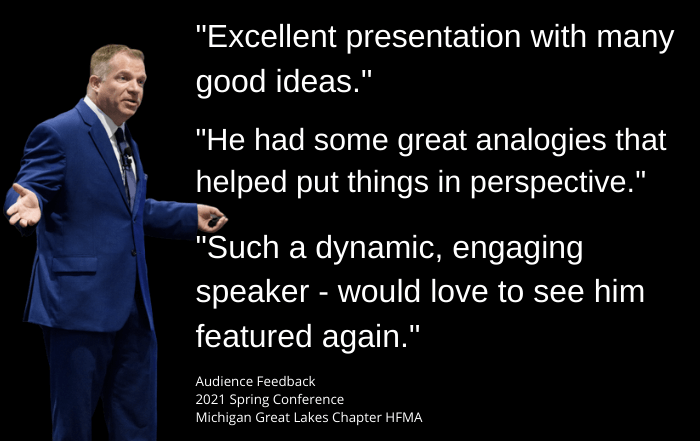 If you feel like your performance on the job isn’t as robust as it should be, consider this three step self-improvement plan. It’s designed to help make your more effective on the job. It can also protect you from daily distractions that hurt your productivity at work.
If you feel like your performance on the job isn’t as robust as it should be, consider this three step self-improvement plan. It’s designed to help make your more effective on the job. It can also protect you from daily distractions that hurt your productivity at work.
Often job performance is improved with little adjustments, rather than major changes. Consider these actionable tips for your three step self-improvement plan:
Identify Your BIG Three
Over time, any job can lead to a growing list of responsibilities. Take a moment to think about the three best things you do for your organization.
This isn’t about the things you enjoy the most. Those are good but where are you truly exceptional or irreplaceable? You’re paid for your skills and expertise in these areas. They are where you want to invest most of your time.
Resist the urge to expand the list beyond three things. You want to identify three and only three things. If every activity is perceived as a top priority, then you may soon find you’ve lost control of your schedule.
What are the Barriers?
Now consider what’s preventing you from spending more time on your big three activities? Have you inherited a lot of other tasks that monopolize your day?
For these second tier activities, which may be important, are you the most qualified person to perform them? If you don’t have an advantage, then can they be passed to someone else? Your goal is to free up time for your top priorities.
You want to avoid a mass dumping of activities onto other people. Part of this stage should include a review of tasks to decide whether they still have value.
Successful organizations understand that time is a limited resource and you have to be selective in how you invest it.
Time Adjustments
Is there an element of speed that could allow you to focus more on your big three tasks? Don’t underestimate the importance of getting things done in less time.
For instance, do you feel like too much of your time is spent in daily or weekly meetings? Sometimes when a meeting is scheduled for a specific time, like an hour, it lasts that long. It’s not because of the agenda but rather that everyone thinks of it as needing to run that long.
Could the meeting be successfully completed in less time? What would it take to shorten it by 15 or 20 minutes? Is it a matter of people showing up on time or making sure everyone has a chance to review agenda items before the session?
If you raise the issue of shortening meeting times, you may find that others become eager to get some time back into their schedules. It does take a commitment to consider new things.
Another way to free up time can involve new software. Are there reports or activities can be done faster or better through technology? Try to uncover these opportunities. You may need to reach outside your organization for an outside perspective.
Final Thought
At a time when many are thinking about changing jobs, as part of the Great Resignation, you want to think about whether your problem is with the job or how you are performing it. It’s possible going somewhere else will see you frustrated by the same challenges. Try the three step self-improvement plan first.






